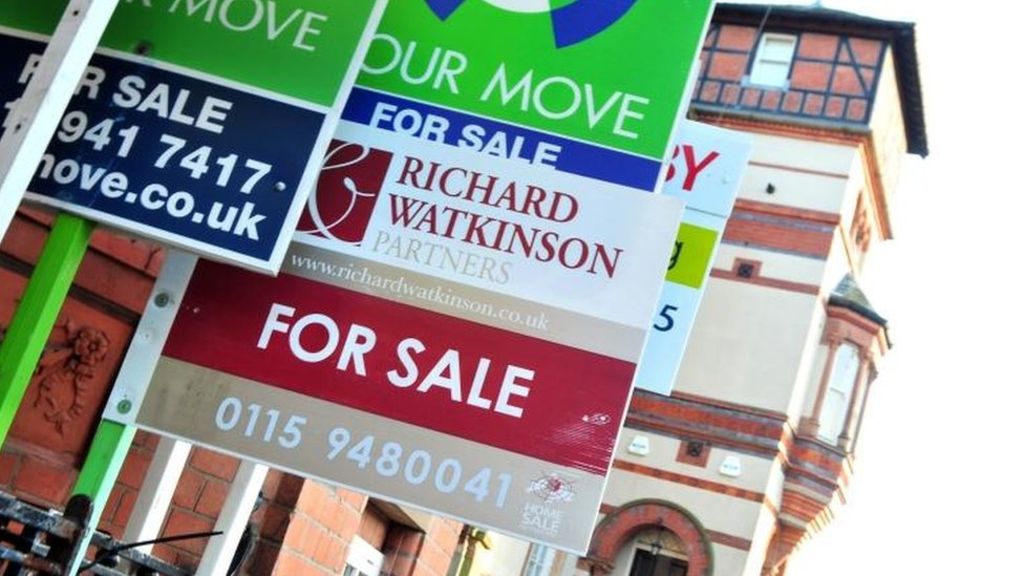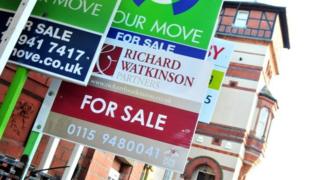House price growth stable in 2016, says Nationwide – BBC News

 Image copyright PA
Image copyright PA House price growth was relatively stable in 2016 but is likely to slow next year, the Nationwide has said.
According to its latest House Price Index, average prices have grown by 4.5% over the last 12 months, the same rate as in 2015.
However, it believes the UK will see “modestly slower” increases next year as the economy weakens.
The building society said house price growth of “around 2%” was “more likely than a decline”.
According to the index, all regions saw house price growth in 2016, with East Anglia topping the table for the first time since 2010, with average prices up 10.1% year-on-year.
However, the above-average performance of London’s housing market began to falter.
For the first year since 2008, price growth in the capital was lower than the UK average, with prices increasing by 3.7% over the year – down from 12.2% in 2015.
Home ownership ‘overestimated by official data’
How to keep house prices low forever
Does it pay to sell a home online?
Reality Check: Have right-to-buy homes been replaced?
North-South divide
The South of England as a whole continued to see “slightly stronger price growth” than the North of England – the weakest performing region – though the differential narrowed.
Meanwhile, price growth in Wales, Scotland and Northern Ireland “remained subdued”, Nationwide said, although each nation saw small gains overall, at 2.4%, 2.2% and 0.7% respectively.
Robert Gardner, Nationwide’s chief economist, said prospects for UK house prices in 2017 would “depend crucially on developments in the wider economy, around which there is a greater degree of uncertainty than usual”.
“Like most forecasters, including the Bank of England, we expect the UK economy to slow modestly next year, which is likely to result in less robust labour market conditions and modestly slower house price growth,” he said.
“But we continue to think a small gain is more likely than a decline since low interest rates are expected to help underpin demand, while a shortage of homes on the market will continue to provide support for house prices.”

Rob Weaver, director of investments at property crowdfunding platform Property Partner, said: “The proverbial kitchen sink has been thrown at the housing market during 2016 – namely Brexit uncertainty and multiple tax changes – but prices are still creeping up.
“Admittedly, there’s been an easing off in the rate of property price growth but what seems clear is that the market has remained resilient and is stable, particularly when compared to other investments.
“The combination of record low borrowing rates propping up demand and a severe shortage of both housing stock and available homes for sale has meant prices have continued to rise.”
London estate agent Jeremy Leaf said: “The real test for the market will come in the early new year when we see whether continuing low mortgage rates and lack of new and existing housing supply prove more relevant than uncertainty over unemployment, inflation and the wider economy post-Brexit.”
The Nationwide forecast reflects other predictions that point to slower house price growth in 2017.
Halifax expects growth of between 1% and 4% by the end of 2017, while the Royal Institution of Chartered Surveyors has said it expects property values to rise by about 3%.
Read more: http://www.bbc.co.uk/news/business-38417623